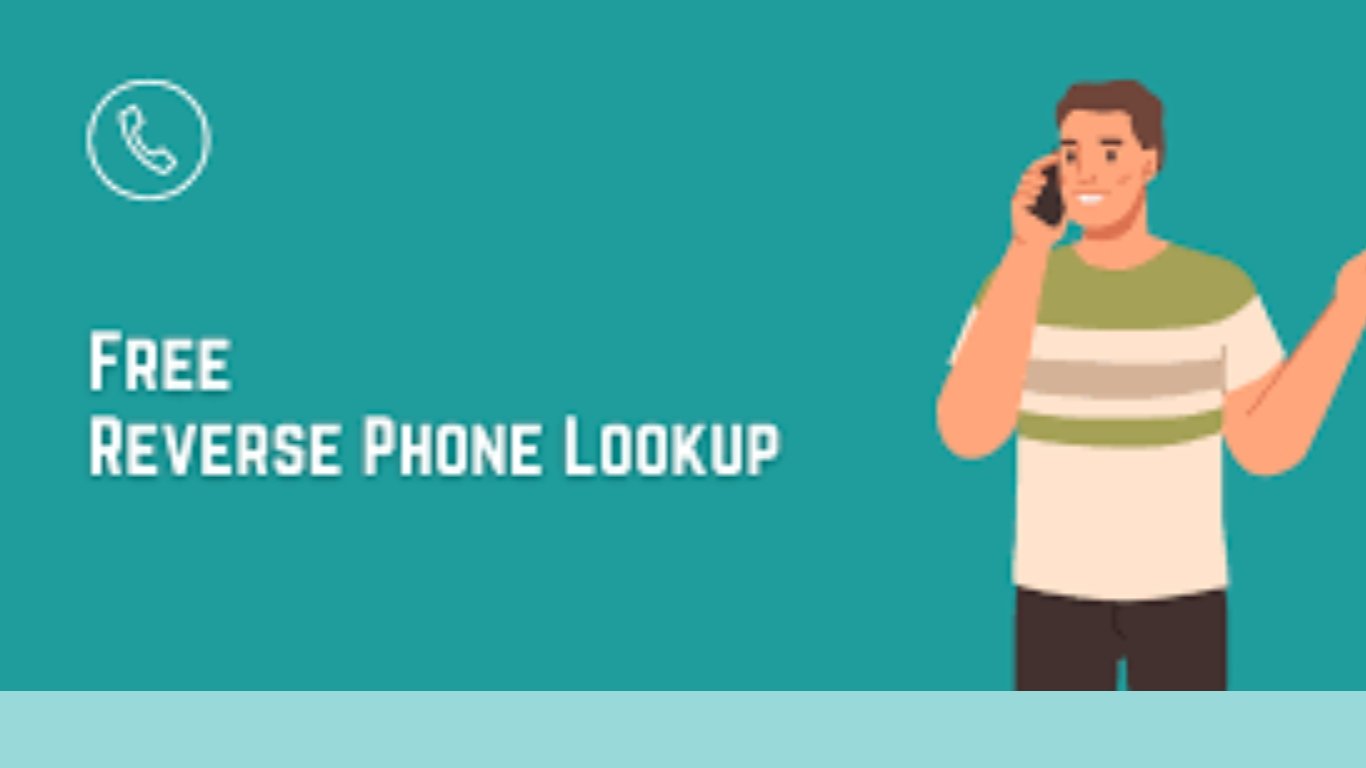Self-management of disability plans seems like the better option for some clients of service providers. This is most fitting for those who want to exercise their freedom of choice need flexibility and a direct approach in handling their plan.
However, self-management is not the easiest path to take, and those unprepared for all the responsibilities it entails are bound to commit the following mistakes.
Lack of Understanding
The content of disability plans contains specific terms and conditions to address the affected individual’s situation without compromising legalities. Because of this, contracts are tediously long, and those who self-manage mind disregard the need to read the entirety of the plan.
This is an unforgivable mistake, as those who lack information regarding the plan can easily fall into the trap of misusing the benefits and inclusions of the plan.
Misuse of Funds
The misuse of disability plan funds is a slippery slope that can potentially be seen as a fraud attempt. However, the less severe cases will render the manager unable to avail of the benefits and inclusions of the plan.
False Claims
Any benefits the plan manager receives from the disability plan should be strictly used according to the guidelines related to the person’s disability. Making false claims can hinder the manager from reimbursements or get them into legal trouble.
Make sure that in acquiring the benefits or inclusions, you are requesting under the correct category and for the right reasons.
Including Other Family Members
Service providers generally do not provide family members other than the benefactor. There are cases wherein a guardian who opted for self-management made the mistake of including their relatives as they receive the benefits. There are cases wherein a family member can get paid for their service when there is a lack of qualified healthcare professionals. This move, however, should always be discussed with the service provider first.
Not Fulfilling Responsibilities
Self-managing a disability plan is no easy task, and it is in no way a passive one. This role is a heavy responsibility that requires constant follow-ups, monitoring, and financial maintenance. Unless the manager has implemented a system to handle the plan well, it would be incredibly difficult to keep track of it.
How to Avoid These Mistakes
Self-managing a disability plan is a heavy task that does not allow room for risks, especially since the quality of one’s life is at stake. Now that you are aware of the five biggest mistakes of self-management, here is how you can avoid them.
NDIS Plan Management
One of the best service providers for the disabled is the NDIS. They have earned their reputation by consistently providing quality benefits and services to their clients. One of their features is the NDIS Plan Management.
In this support, you sign up for the assistance of a plan manager who will do their best to keep your expenses within the allowable budget. Most of the paperwork will be done by them, too. This is different from self-management and them completely taking control of your funding. One of the ways they can help is by providing clients with a certified plan manager.
Opting for this service has the following benefits:
- Pay providers
- NDIS plan budget reports and budget oversight
- Choice of providers
- Assistance in self-management
- Improved financial and plan management skills
NDIS plan management is also as easy to avail of. Express your intent with your service provider, and the NDIS will gladly include plan management in your funding.


